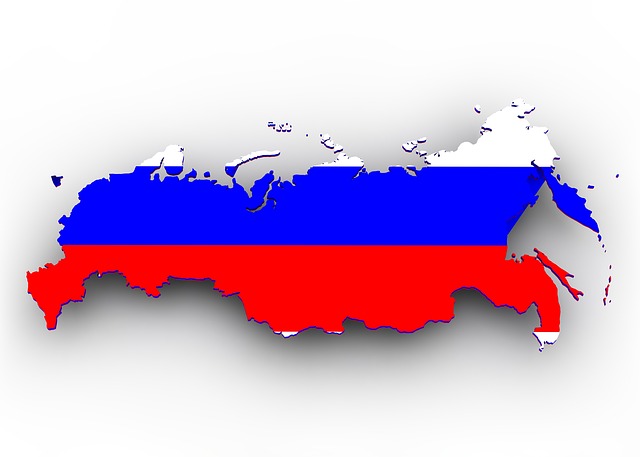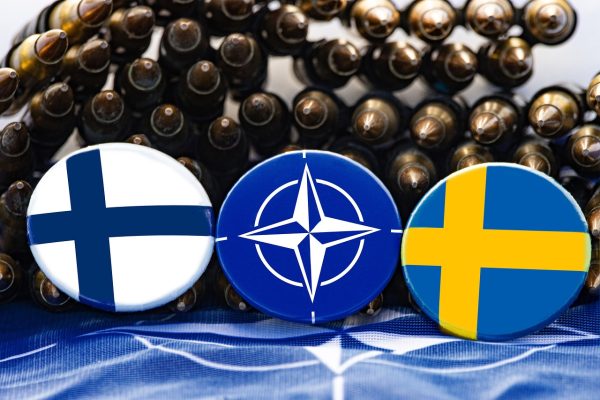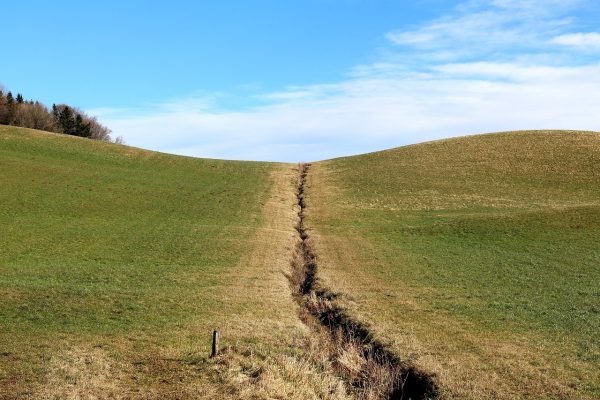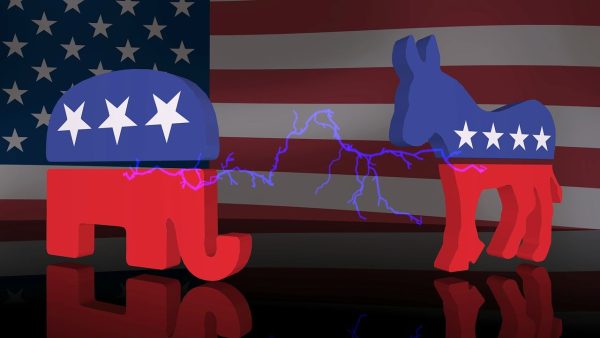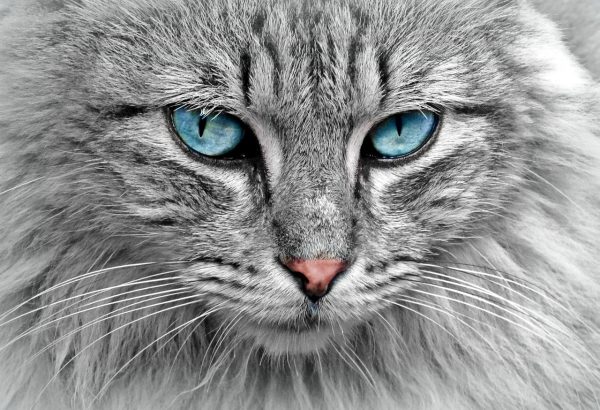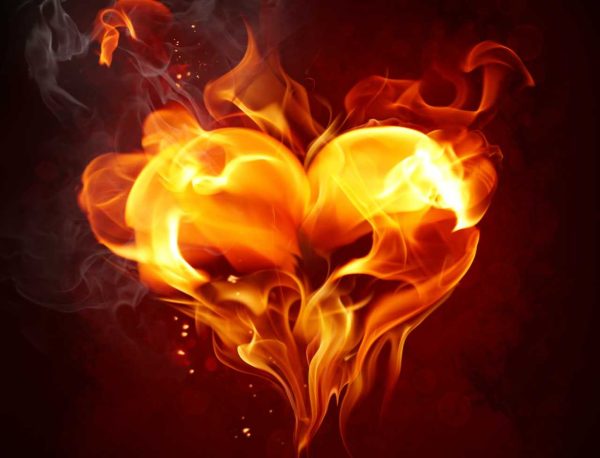Old Grudges Never Die! The Bear Rises Once More!
The Soviet Union once was a strong contender to the United States. Their ideological rivalry caused the world to be bipolar. Its military was one of the biggest in the world with 5 million men in the army, and its political influence extended from Germany to China. However, the great fault of this behemoth was its economy, as it failed to modernize and improve which led to the dissolution of the Soviet Union (along with other factors). One of the most prominent Soviet republics was the Russian Federation, which made up 60% of the gross domestic product and over 50% of the Soviet population. This causes some to think the Russian Federation would have a relatively easy and good run, but that is far from the truth.
Democratic Chaos
Before the official dissolution of the Soviet Union, President Yeltsin was elected in the first presidential election in 1991. There was an attempt to stop this with the August Coup. However, it was thwarted and the Soviet Union officially collapsed later on. This has led to many republics that were released with Russia, keeping the legitimacy as the official successor of the Soviet Union. The Russian Army was in complete chaos and wasn’t able to be effective, as seen to the Chechen War 1994. But, not even counting the army, one of the biggest problems was the economy as the task was to convert the world’s largest state-controlled economy into a market-oriented economy. President Yeltsin tried to create programs of liberalization and stabilization, inspired by “shock therapy,” however, this resulted in the near bankruptcy of much of Russian industry.
There were also 3 other major problems that kept Russia’s federation down. The first problem was the previous administration’s (Soviet Union) dedication to the Cold War, as it gave a quarter of its output towards the defense and other military factors which is massive compared to even today’s standards. The second problem was the many mono-industries that ruled over regions(monopolies) in the Soviet Union, which meant when the Russian Federation was formed, many connections were severed which led to massive underemployment due to them dissolving. The last problem was the lack of social security, welfare, and education. The Soviet system was vastly different from the Western ones which brought some difficulties. All of these problems combined have brought Russia’s standards down, and it made a decrease in relative power.
Further Chaos
The first real conflict of the Russian Federation was the First Chechen War, as the Muslim Chechens wanted to succeed, which brought tens of thousands of Russian troops into Chechnya. It was a brutal conflict in which President Yelstin signed a peace treaty which later became meaningless. The rise of the oligarchs was caused by the business oligarchs of the former Soviet republics, who rapidly accumulated wealth during the era of Russian privatization in the aftermath of the dissolution of the Soviet Union in the 1990s. This made Russia’s economy not reach its potential, and made them very influential. The elections of 1996 led to Yelstin’s victory and to more neoliberal austerity policies. In 1998, the global recession shook the Russian federation as it exacerbated Russia’s continuing economic crisis. Putin was rising the ranks as he quickly established himself both in public opinion, and in Yeltsin’s estimation, as a trusted head of government, largely due to the Second Chechen War. Yeltsin felt confident enough in Putin that he resigned from the presidency on December 31 making Putin the acting president, and later president during the Russian presidential election in 2000.
Putin’s Russia
Putin had many goals on how to “transform” Russia into his own. The first was to get rid of problematic oligarchs by confronting them during the privation process which also gave many Russian media outputs. His popularity was quite high in Russia, since he was continuing the economic recovery and trying to regain Russia’s image. After time Putin was winning most elections (making him effectively a dictator), which led to many Russians protesting in Moscow and police into the streets. In February 2014, the result of the Ukrainian revolution 2014 led to much chaos which led to Russian military leaders discussing annexing Crimea. This was complemented with the Crimean parliament voting to enter into the Russian Federation with the rights of a subject of the Russian Federation” and later held a referendum for regions to join. This caused many conflicts with the West and United Nations which led to the stagnation of Russia’s economy.
Relations with the West
Russia was more friendly to the West than the Soviet Union. They emphasized further cooperation in many key issues. However, there were a few hiccups as seen in the NATO expansion into Eastern Europe and Russia’s expansion into Ukraine. There are also many conflicts of interest, for example in Syria. There were also claims of Russian interference in the 2016 elections, as Russia “successfully” made Trump president, although some dispute this. The sanctions against Russia have also worsened ties with Russia making Russia look to other nations. The old rivalry between the United States and Russia will most likely still persist as now, President Joe Biden, promises to be tough on Russia. The old rivalry will never die.
Looking Forward
Russia has been dealt a large blow, which made Western leaders think Russia is done for. Although Russia is still strong, the clock is ticking, as the population and economy are stagnating. Many of its key strengths like its army and size are being closer to being redundant. Due to worsening ties with the West, Russia has looked towards China, as Russia has sought to strengthen ties with the People’s Republic of China, by signing the Treaty of Good-Neighborliness and Friendly Cooperation and building the Trans-Siberian oil pipeline. Some say that a full-blown alliance against the West would happen in the near future, although many dispute this as Western hysteria. As to quote Henry Rollins, “ Russia is tough. The history, the land, the people – brutal.”. No matter how tough or brutal it is, the bear will still survive.

